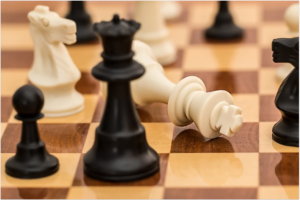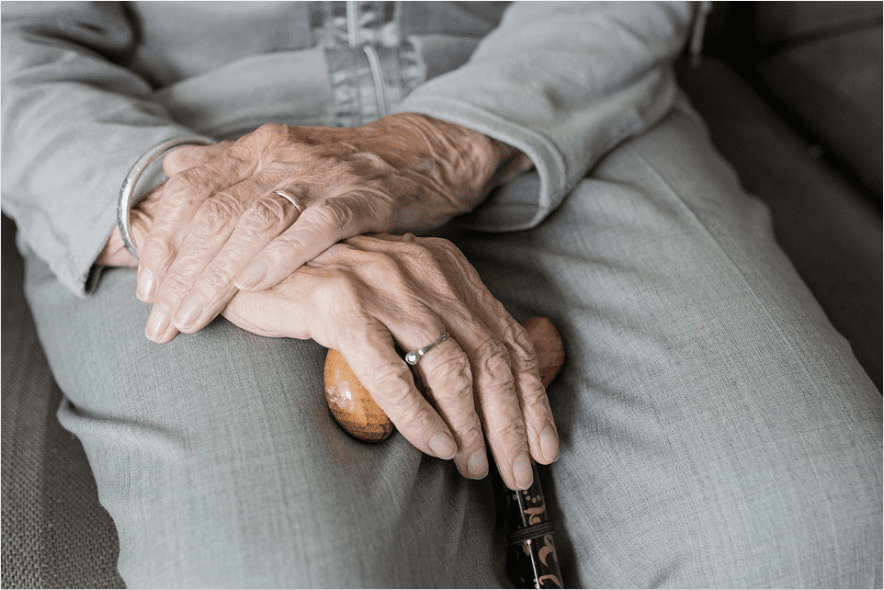Aging has its own unique set of challenges for our loved ones. As cited by lifeyourway.net, indoor games are a significant part of the elder’s brain health. Seniors can stay entertained by playing games, doing gentle exercises, attending social or community groups to combat loneliness, and preserving and nurturing older adults’ cognitive function.
Without engaging in indoor activities for the elderly, cognitive decline could happen sooner than expected. Seniors need to stay active—physically, mentally, and socially—by participating in whatever they can. In this article, we share some of the helpful indoor activities for elders.
Play A Game
 Whether you are a caregiver or even a friend or relative who wants to help, consider playing with an older adult in your life. Any board or card game will work, as long as it is consistent with the older person’s physiological and mental abilities. Indoor games such as bingo, chess, checkers, Scrabble, or even jigsaw puzzles have several benefits for seniors, including cognitive function, memory recall, and hand-eye coordination. Almost all of these activities will require another participant so that your loved ones can also be socially and emotionally active.
Whether you are a caregiver or even a friend or relative who wants to help, consider playing with an older adult in your life. Any board or card game will work, as long as it is consistent with the older person’s physiological and mental abilities. Indoor games such as bingo, chess, checkers, Scrabble, or even jigsaw puzzles have several benefits for seniors, including cognitive function, memory recall, and hand-eye coordination. Almost all of these activities will require another participant so that your loved ones can also be socially and emotionally active.
Light Exercise
It is very beneficial for the emotional well-being of older people to maintain their energy. A straightforward exercise, such as walking around the house or the environment, offers essential health benefits. Depending on their physical and mental abilities, older people can also participate in high-intensity training sessions like lifting small and moderate weights, video exercises at home, and accessible routes or cycling benches.
Always evaluate their following skills and preferences before incorporating them into a new training. Use these ideas of action as a starting point to find a simple physical routine for seniors during the week, rather than being under the supervision of a carer, friend, or relative. It can be detrimental to the health of everyone, especially the elderly.
Community Connection
 Social isolation among the elderly can lead to cognitive decline, mental health problems, obesity, a weaker immune system, and much more. Therefore, older citizens must continue to participate in their communities and homes. An easy step in the fight against social isolation is to develop a daily prognosis for their loved ones. If you contact an older person who lives alone, pick up the phone and call today, even if only for 10 minutes. Social support groups for your seniors are valuable for their well-being.
Social isolation among the elderly can lead to cognitive decline, mental health problems, obesity, a weaker immune system, and much more. Therefore, older citizens must continue to participate in their communities and homes. An easy step in the fight against social isolation is to develop a daily prognosis for their loved ones. If you contact an older person who lives alone, pick up the phone and call today, even if only for 10 minutes. Social support groups for your seniors are valuable for their well-being.
They offer older adults a neighborhood and friends. Other participants in these courses can empathize with your loved one’s lifestyle and choice of feelings.








